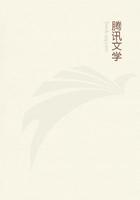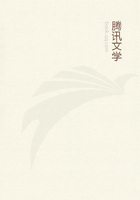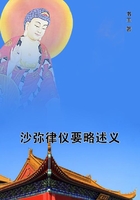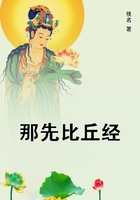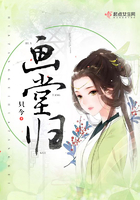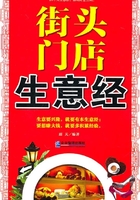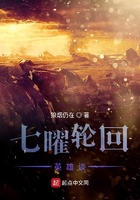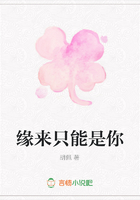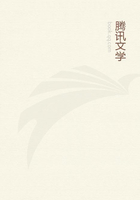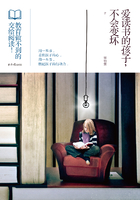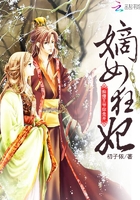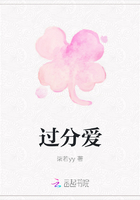In the animistic religion of China, the Wu represented a group of persons of both sexes, who wielded, with respect to the world of spirits, capacities and powers not possessed by the rest of men.
Many practitioners of Wu were physicians who, in addition to charms and enchantments, used death-banishing medicinal herbs. Of great antiquity, Wu-ism has changed in some ways its outward aspect, but has not altered its fundamental characters. The Wu, as exorcising physicians and practitioners of the medical art, may be traced in classical literature to the time of Confucius.
In addition to charms and spells, there were certain famous poems which were repeated, one of which, by Han Yu, of the T'ang epoch, had an extraordinary vogue. De Groot says that the "Ling," or magical power of this poem must have been enormous, seeing that its author was a powerful mandarin, and also one of the loftiest intellects China has produced. This poetic febrifuge is translated in full by de Groot (VI, 1054-1055), and the demon of fever, potent chiefly in the autumn, is admonished to begone to the clear and limpid waters of the deep river.
In the High Medical College at Court, in the T'ang Dynasty, there were four classes of Masters, attached to its two High Medical Chiefs: Masters of Medicine, of Acupuncture, of Manipulation, and two Masters for Frustration by means of Spells.
Soothsaying and exorcism may be traced far back to the fifth and sixth centuries B.C.
In times of epidemic the specialists of Wu-ism, who act as seers, soothsayers and exorcists, engage in processions, stripped to the waist, dancing in a frantic, delirious state, covering themselves with blood by means of prick-balls, or with needles thrust through their tongues, or sitting or stretching themselves on nail points or rows of sword edges. In this way they frighten the spectres of disease. They are nearly all young, and are spoken of as "divining youths," and they use an exorcising magic based on the principle that legions of spectres prone to evil live in the machine of the world. (De Groot, VI, 983-985.)
The Chinese believe that it is the Tao, or "Order of the Universe," which affords immunity from evil, and according to whether or no the birth occurred in a beneficent year, dominated by four double cyclical characters, the horoscope is "heavy" or "light." Those with light horoscopes are specially prone to incurable complaints, but much harm can be averted if such an individual be surrounded with exorcising objects, if he be given proper amulets to wear and proper medicines to swallow, and by selecting for him auspicious days and hours.
Two or three special points may be referred to. The doctrine of the pulse reached such extraordinary development that the whole practice of the art centred round its different characters. There were scores of varieties, which in complication and detail put to confusion the complicated system of some of the old Graeco-Roman writers. The basic idea seems to have been that each part and organ had its own proper pulse, and just as in a stringed instrument each chord has its own tone, so in the human body, if the pulses were in harmony, it meant health; if there was discord, it meant disease. These Chinese views reached Europe in the seventeenth and eighteenth centuries, and there is a very elaborate description of them in Floyer's well-known book.[27]
And the idea of harmony in the pulse is met with into the eighteenth century.
[27] Sir John Floyer: The Physician's Pulse Watch, etc., London, 1707.
Organotherapy was as extensively practiced in China as in Egypt.
Parts of organs, various secretions and excretions are very commonly used. One useful method of practice reached a remarkable development, viz., the art of acupuncture--the thrusting of fine needles more or less deeply into the affected part. There are some 388 spots on the body in which acupuncture could be performed, and so well had long experience taught them as to the points of danger, that the course of the arteries may be traced by the tracts that are avoided. The Chinese practiced inoculation for smallpox as early as the eleventh century.
Even the briefest sketch of the condition of Chinese medicine leaves the impression of the appalling stagnation and sterility that may afflict a really intelligent people for thousands of years. It is doubtful if they are today in a very much more advanced condition than were the Egyptians at the time when the Ebers Papyrus was written. From one point of view it is an interesting experiment, as illustrating the state in which a people may remain who have no knowledge of anatomy, physiology or pathology.
Early Japanese medicine has not much to distinguish it from the Chinese. At first purely theurgic, the practice was later characterized by acupuncture and a refined study of the pulse. It has an extensive literature, largely based upon the Chinese, and extending as far back as the beginning of the Christian era.
European medicine was introduced by the Portuguese and the Dutch, whose "factory" or "company" physicians were not without influence upon practice. An extraordinary stimulus was given to the belief in European medicine by a dissection made by Mayeno in 1771 demonstrating the position of the organs as shown in the European anatomical tables, and proving the Chinese figures to be incorrect. The next day a translation into Japanese of the anatomical work of Kulmus was begun, and from its appearance in 1773 may be dated the commencement of reforms in medicine. In 1793, the work of de Gorter on internal medicine was translated, and it is interesting to know that before the so-called "opening of Japan" many European works on medicine had been published. In 1857, a Dutch medical school was started in Yedo. Since the political upheaval in 1868, Japan has made rapid progress in scientific medicine, and its institutions and teachers are now among the best known in the world.[28]
[28] See Y. Fujikawa, Geschichte der Medizin in Japan, Tokyo, 1911.

